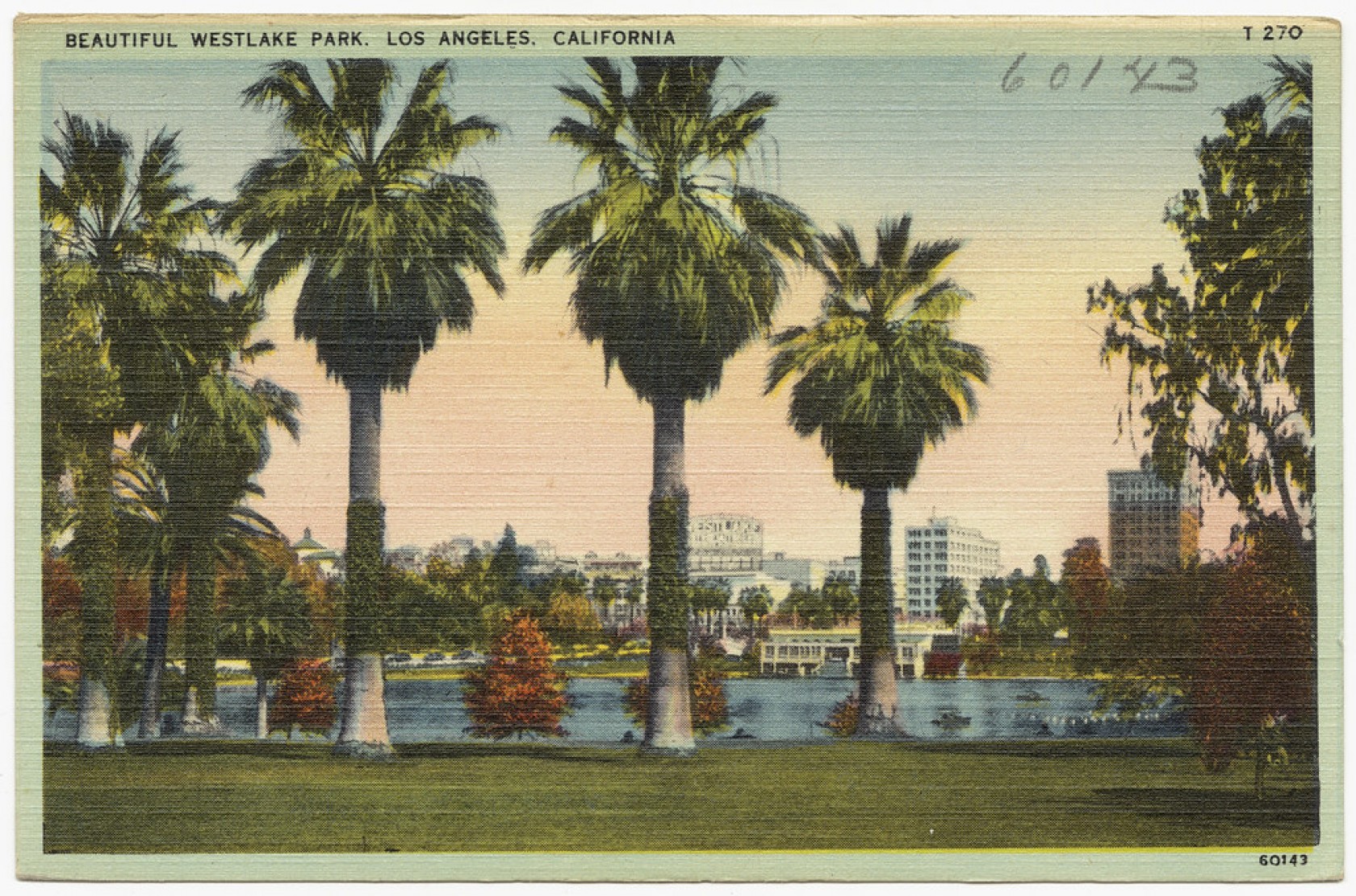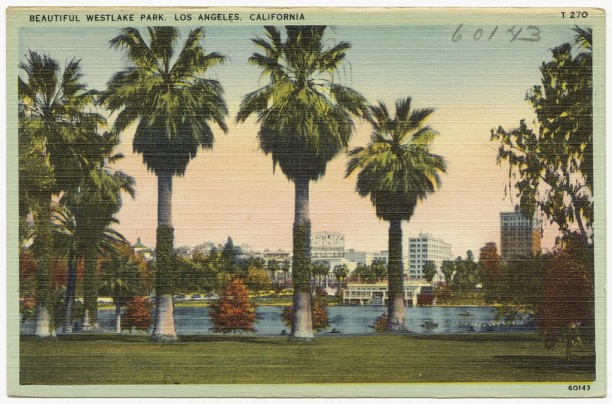A panel discussion investigating access, inclusion, and the changing role of Urban Parks and Civic Space in Los Angeles.
Thursday, October 15, 4pm PDT
To join, RSVP here.
Our local public parks and civic spaces are now more than ever under increased pressure to host new and vital duties as part of the urban landscape. During these unprecedented times, outdoor, free, democratic spaces are serving as Covid-19 testing sites, polling places, food distribution hubs, safe harbor for the homeless, platforms for prolonged civic uprising and protest, and perhaps most importantly, spaces for self-care during a time of mass public anxiety. This coupled with an increased use of these spaces of up to 70% during quarantine has put more pressure than ever on our limited public space.
Despite this increased pressure, budgets for public parks will undoubtedly be cut as a result of the economic downturn. During the Great Recession of 2008, public park budgets were cut by an average of 21% and while budgets had improved, they had yet to return to pre-recession spending prior to this latest downturn.
This resurgence was long delayed: After increasing 15% between 2003 and 2007, city spending on parks plummeted 22% as the Great Recession arrived in 2008, according to the NRPA. Spending was slow to recover. By 2013, parks represented just 1.9% of local government spending, down from 2.2% in 2000 with parks near black and brown communities suffering the steepest cuts.
Los Angeles is one of the most park-impoverished major cities in America, devoting only 4 percent of its land to public greenery. By contrast, green spaces comprise 17 percent of New York City and 9 percent of Boston (where 97 percent of the city’s children have immediate access to a park — as opposed to one-third of kids in Los Angeles).
For these reasons, we at MOCA thought it was time to host a discussion. In the coming weeks, MOCA will focus its programming on outdoor art in public, and in doing so also call attention to the spaces that host these artworks and how they make work in tandem to create civic discourse. On October 15, we assembled a panel of individuals who are committed to the civic ideals represented by democratic public space and we invited them here to discuss how they are working to achieve their vision.
Panelists:
Julia Meltzer
Julia Meltzer is a filmmaker and the founding director of Clockshop. Clockshop believes in the power of contemporary art to connect people to the land on which they live. Through commissions of new artworks and programs Clockshops works collaboratively to catalyze larger institutions. As a filmmaker, Julia’s work has been exhibited at the Metropolitan Museum of Art, Whitney Museum of American Art, Los Angeles Film Festival, Toronto International Film Festival, the Sharjah Biennial, and toured with the Sundance Film Forward Program. Her most recent film, Dalya’s Other Country (2017) was broadcast on POV on PBS. Meltzer is a recipient of a John Simon Memorial Guggenheim Foundation Fellowship, and was a Senior Fulbright Fellow in Damascus, Syria.
Jessica Henson
Jessica Henson is a landscape architect at OLIN where she is currently the project manager for the 2020 Los Angeles County LA River Master Plan. At OLIN she has developed numerous planning and design projects that seek to create socially and environmentally resilient infrastructure including the LA River Index and the Rio Hondo Confluence Area Project. Jessica’s other significant projects include the SELA Cultural Center, Chicago’s Vista and Willis Towers, a new residential precinct at the University of Washington in Seattle, and the new U.S. Embassies in London and Brasilia. Jessica teaches at the University of Southern California and is the co-editor of the recent book Fresh Water: Design Research for Inland Water Territories.
Rosten Woo
Rosten Woo is a designer, writer, and educator living in Los Angeles. He produces civic-scale artworks and works as a collaborator and consultant to a variety of grassroots and non-profit organizations. including the Advancement Project, the American Human Development Project, the Black Workers Center, Los Angeles Alliance for a New Economy, and Esperanza Community Housing Corporation, as well as the city of Los Angeles and Los Angeles County. His work has been exhibited at the Cooper-Hewitt Design Triennial, the Venice Architecture Biennale, Netherlands Architectural Institute, Storefront for Art and Architecture, Lower East Side Tenement Museum, and various piers, public housing developments, tugboats, shopping malls, and parks in New York and Los Angeles.
Marcos Trinidad
Marcos Trinidad has been Center Director at the Audubon Center at Debs Park for four years, and during that time has nurtured a growing community of volunteers, youth and community partnerships; implemented a facility and grounds improvement plan; and partnered with the National Park Service to establish a vibrant native plant nursery. Born and raised in Northeast Los Angeles, where his family has lived for 70 years, Marcos has deep roots in the community. Prior to coming to Debs, he served as Director of Audubon Youth Environmental Stewards (a program of the Palos Verdes/South Bay Audubon Society), where he engaged and inspired youth to connect to nature and their community through restoration and volunteer projects. He has also spent time as a Biology Technician for the U.S. Forest Service and an Urban Forester for both Northeast Trees and TreePeople. Marcos’ formal education is in geology and anthropology. Marcos is an Army Veteran stationed in Hohenfenls, Germany as part of the 7th Army Training Command, the Army’s largest overseas training command and served as a 19D Cavalry scout, Forward Observer.
Virtual MOCA is a new and daily digital series available on both moca.org and across MOCA's social media platforms. To enjoy the breadth of this program, please follow us on our social channels:
Instagram: @moca
Facebook: @mocalosangeles
Twitter: @mocalosangeles
All Virtual MOCA content is archived and sent out via email at the end of each week. For easy access to previous programs, subscribe to our mailing list.

